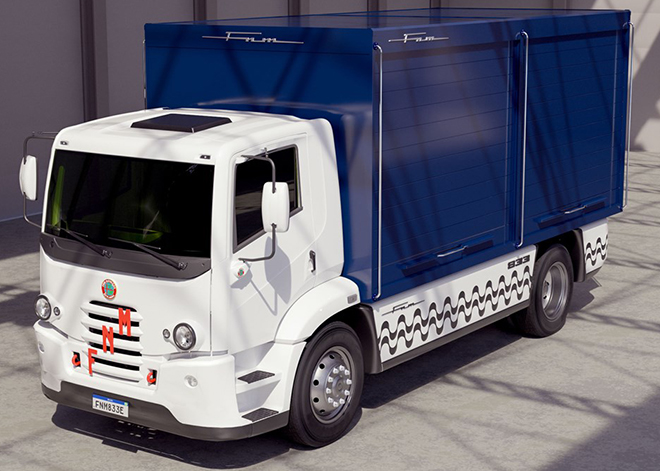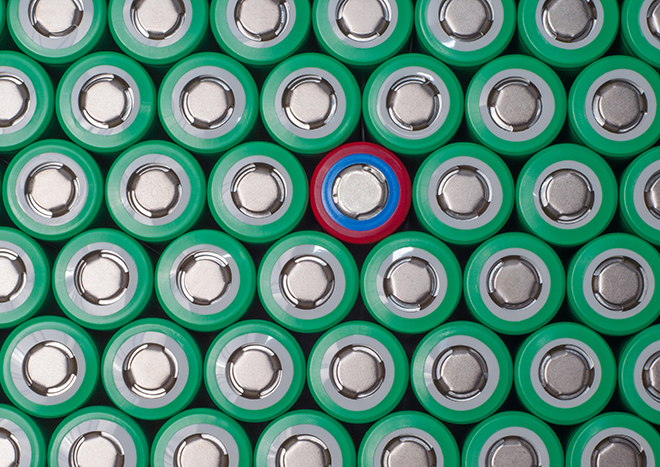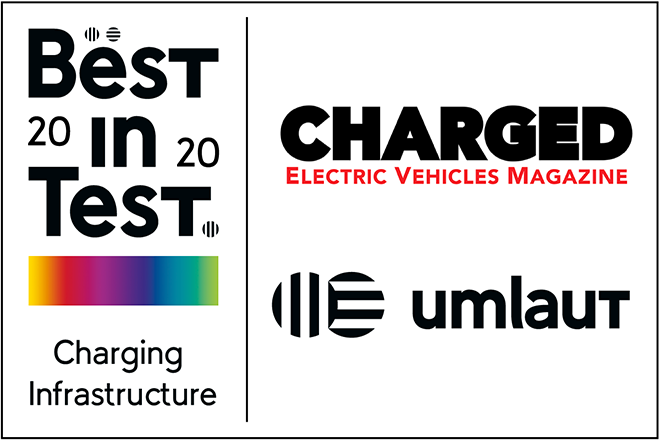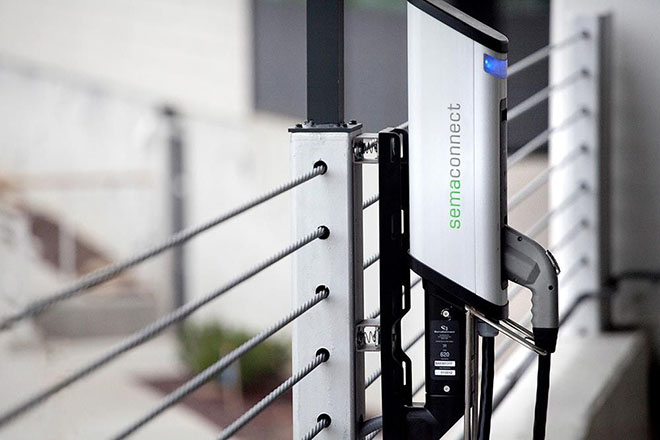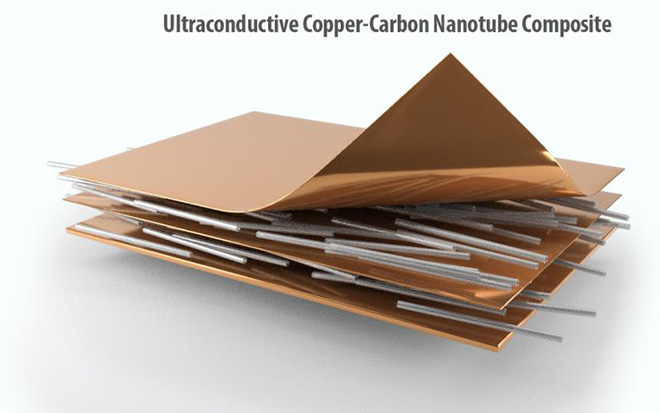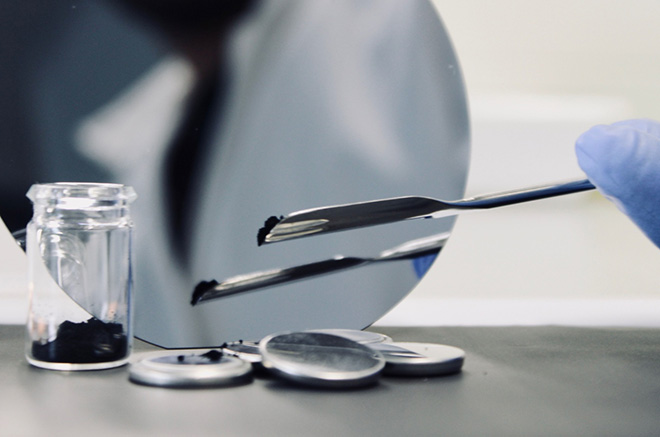Danfoss Editron has been selected as the official supplier for drivetrain systems that will power fully-electric trucks manufactured by Fábrica Nacional de Mobilidades (FNM) in Brazil. Founded in 1942, FNM was Brazil’s first truck manufacturer. The company was privatized in 1968 by the government, before being bought by Fiat, which held the company until 1988…. Read more »
Search Results Found For: "Performance Team "
Orient and Ricardo to jointly develop next-generation battery management system
Ricardo and Orient have announced a partnership to support the development of Orient’s next-generation energy storage systems. The battery pack development support offered by Ricardo includes applying new cell chemistries and battery architectures, designing and building prototype packs, supporting customers and full-scale manufacturing. Orient will use Ricardo’s expertise to incorporate advanced battery state and parameter… Read more »
2020 EV Charging Infrastructure Best-in-Test: Rating the DC fast charging user experience
If EVs are to replace fossil-fuel vehicles, they need to be able to make long highway trips, which means that DC fast charging needs to be reliable, convenient, affordable and ubiquitous. However, as Charged and other media have often reported, we’re still in the early days of public EV charging, and the user experience often… Read more »
More conductive copper could increase motor efficiency
Researchers at Pacific Northwest National Laboratory (PNNL) claim to have increased the conductivity of copper wire by about five percent. That may seem like a small amount, but it could make a big difference in motor efficiency. Higher conductivity would also mean that less copper would be needed for the same efficiency, which could reduce… Read more »
Proterra beefs up its battery expertise: Q&A with CTO Dustin Grace
Since its founding in 2004, Proterra has grown to become North America’s largest supplier of electric buses. The company has sold some 950 buses to transit agencies, airports, universities, national parks and private companies in 43 states and provinces. Under its Proterra Powered program, the company provides powertrains to other vehicle makers—school buses for Thomas… Read more »
Tesla’s success is “a combination of thousands of heroic feats that no one knows about” (book excerpt)
A new excerpt from Tesla: How Elon Musk and Company Made Electric Cars Cool, and Remade the Automotive and Energy Industries, Edition 4.1. An inside look at the early days David Havasi was a car guy from birth. He grew up near Auburn Hills, and his dad worked in the auto industry. “My childhood was… Read more »
EVSE provider SemaConnect secures investment from private equity firm Trilantic
SemaConnect, a provider of charging infrastructure solutions, has received a substantial minority investment from private equity firm Trilantic North America. Founder and CEO Mahi Reddy and COO Mark Pastrone each continue to own “meaningful equity stakes” in the business, and will lead the company through its next phase of growth. SemaConnect has sold over 10,000… Read more »
New composite material increases current capacity to rev up EV efficiency and range
Scientists at Oak Ridge National Laboratory (ORNL) have used new techniques to create a composite that they claim increases the current capacity of copper wires, providing a new material that can be scaled for use in ultra-efficient, power-dense EV traction motors. The research is aimed at improving the performance and life of components such as… Read more »
New anode material could lead to safer batteries with long cycle life
Researchers at the Karlsruhe Institute of Technology (KIT) and Jilin University have investigated a promising anode material for future high-performance batteries: lithium lanthanum titanate with a perovskite crystal structure (LLTO). As the team reported in Nature Communications, LLTO can improve battery energy density, power density, charging rate, safety and cycle life without requiring a particle… Read more »
State-Of-The-Art Magnetic Alloys For EV Motors
Electric machines are used in ever increase vehicular applications. Now, more than ever, these machines require high power/torque density, high efficiency, and maximum magnetic, thermal, and mechanical performance. Carpenter Technology soft magnetic materials are advancing the performance of electric vehicles, hybrid and full electric aircraft, drones, robots, and other size and weight-sensitive applications. Our… Read more »




